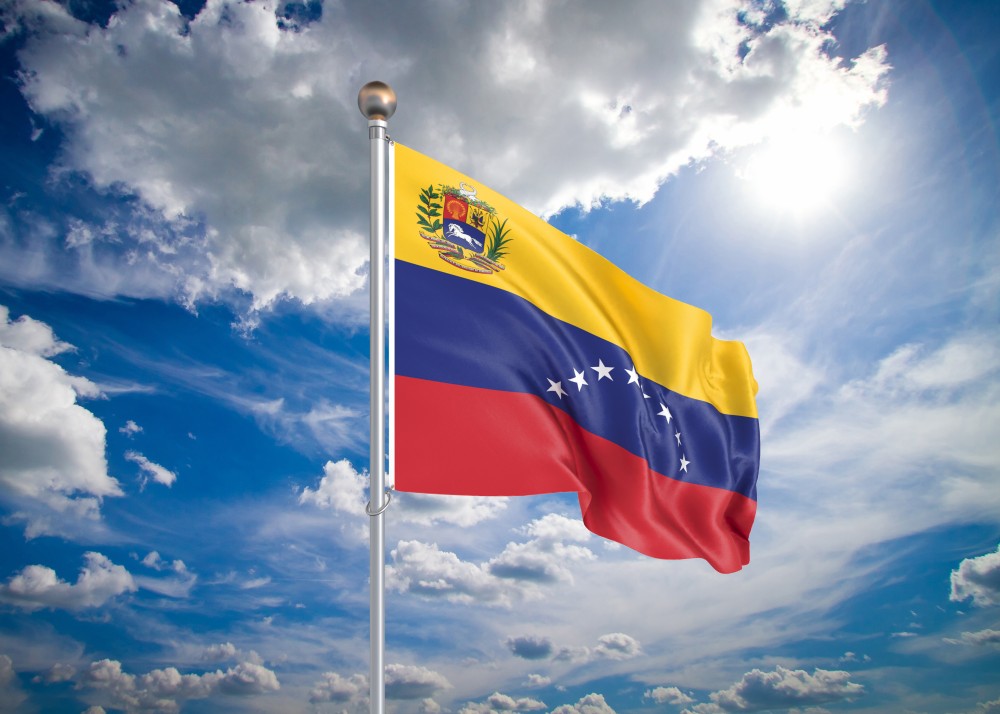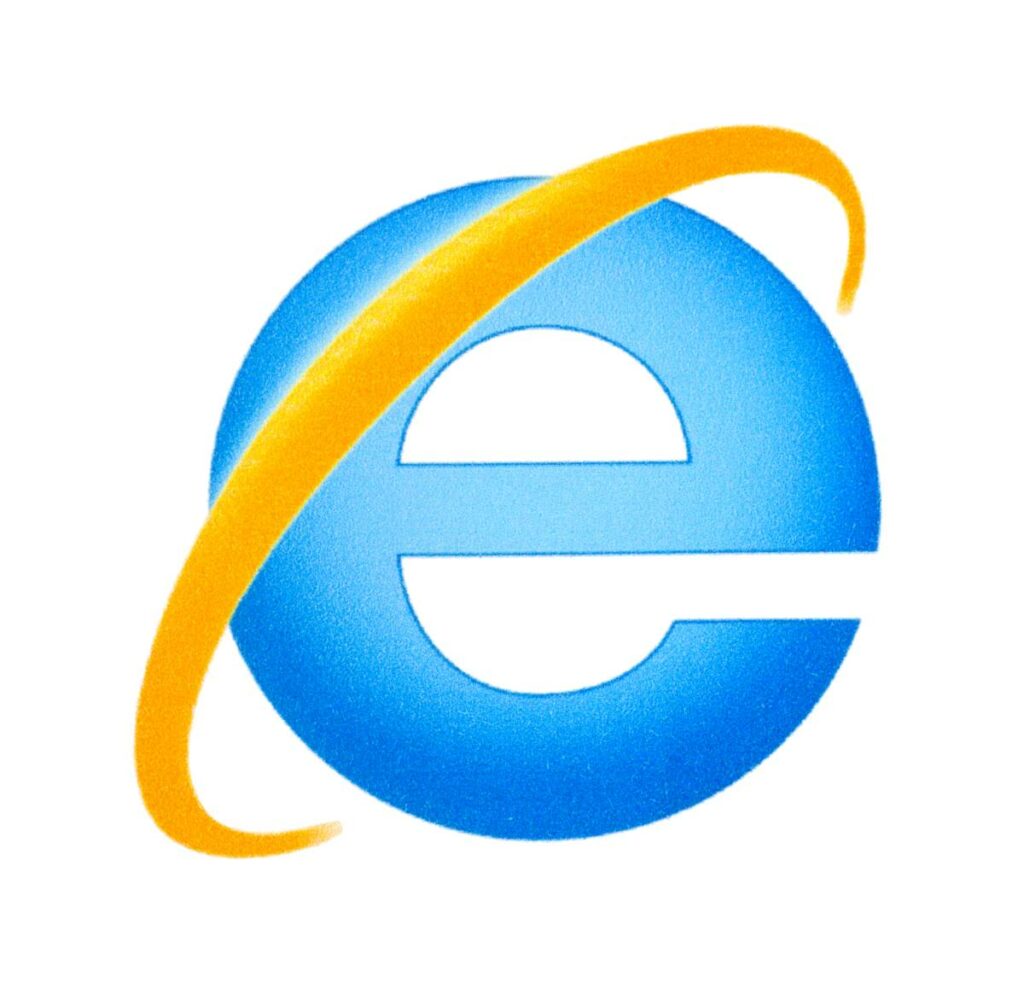- +352 444 222
- Monday-Friday 12:00-18:00
- 20, avenue Marie-Thérèse, 2132 Luxembourg


Like a volcano that rumbles but doesn’t explode, that’s how the current situation in Venezuela can be summed up. On March 5, 2013, Hugo Chavez, charismatic leader and proponent of “Patria, socialismo o muerte “, died in circumstances that are still rather murky , marking the decline of an era of prosperity for Venezuela, a country long buoyed by a flourishing oil industry. Between clientelism, a system of widespread corruption gangrenous with power struggles, an unprecedented social and economic crisis and, most recently, an alarming health situation with Covid-19, the Bolivarian Republic has become a shadow of its former self, sinking further and further into precariousness. How did this OPEC member country, considered a few years ago to be a global oil windfall, find itself in this delicate and unexpected situation? One answer lies in the arsenal of legal, regulatory, political, diplomatic and economic sanctions that have come into vogue over the last two decades.
Illegitimate: this term is constantly used by his detractors to describe President Maduro. Against a backdrop of political crisis that began in 2015 and continued in the 2018 elections, in which Nicolás Maduro emerged victorious, thus running for his second presidential term; but considered fraudulent by the opposition, represented by Juan Guaidó, until then president of the National Assembly and officially self-proclaiming himself president of the country. The singularity of this political confrontation and dual presidency was a harbinger and gas pedal of the serious economic and social crisis that lay ahead for Venezuela. A crisis accentuated by a first salvo of US sanctions against Venezuelan government officials in March 2015 and intensified in August 2017, aimed at exerting maximum pressure on the incumbent president, Nicolás Maduro and senior Venezuelan officials gravitating around his circle of influence. Described as a rogue state Venezuela is the third Latin American country, along with Cuba and Nicaragua, to be subject to U.S. sanctions, because of its daily human rights violations and abuses, its ailing economy and its leading role in international drug trafficking.
Imposed by President Donald Trump, the aim of these sanctions is a return to democratic and constitutional order, the organization of free and independent elections and the release of all political prisoners, as well as any cessation of repression against the Venezuelan people; but above all to curb the omnipresent corruption benefiting the Maduro regime.
Asset freezes, sectoral embargoes (oil, gold and precious metals), restrictions on financial services (crypto-currencies, sovereign debt issuance including bonds and related services), and visa revocations, a total of hundreds of names of individuals, companies, and ships have been designated as SDNs (Specially Designated Nationals) by OFAC, the arm of the US Treasury Department in charge of the proper implementation and enforcement of economic and financial sanctions, issued through executive orders, commonly known as Executive Orders. The publication of the first Executive Order, on March 8, 2015, targeting official members of the Venezuelan government, reputed to be close to Nicolás Maduro, was a fairly persuasive introduction and was followed by six others Executive Orders, between August 2017 and August 2019
The second reason, also directly linked to the sanctions, and due to the sectoral restrictions imposed on Venezuela, which have dealt a heavy blow to the country’s economy and in particular to its flagship oil industry, remains the designation of the state-owned company, Petroleos de Venezuela (PdVSA). Accused by the United States of being a vehicle for corruption, PdVSA and the companies owned or controlled by it, thus found themselves in January 2019 among the long list of undesirable companies listed on the OFAC website. A victory for the United States, which has weakened Nicolás-Maduro’s regime a little further, and the chances of Venezuela regaining a semblance of stability, which are diminishing with this hardening of tone on the part of the American administration. Deprived of its main resource, the country was also hit in March 2019 by US sanctions against its mining and precious metals industry, specifically because of the SDN designation of the state-owned company CVG. Compania General de Mineria de Venezuela CA, better known as Minerven, considered a source of support and illicitly feeding the Maduro regime.
For their part, the European Union, as well as Switzerland and the UK via their respective regulators, judged the situation to be equally worrying, and were quick to follow the US lead. In 2017, the EU implemented a series of restrictive measures including an asset freeze, a sectoral and military embargo, as well as a ban on the export of any type of internal repression equipment through its consolidated Regulation (EU) 2017/2063 of November 13, 2017, concerning restrictive measures due to the situation facing this country. Although European sanctions are far less restrictive and repressive than those imposed by the USA, and despite the fact that the Euro is not the world’s leading trading currency, unlike the US dollar, the EU’s restrictive measures appear to have little impact on the Venezuelan economy. It should also be remembered that, unlike US sanctions, the extraterritoriality of European law does not have the same coercive force and territorial applicability as US law.
Judging and gauging the impact of these economic and financial sanctions would be a little hasty, as their longevity seems very insignificant compared, for example, to the same type of sectoral sanctions imposed on Russia in 2014. The scope of international sanctions is all the more difficult to assess from an economic point of view, due in particular to the parallel commercial and financial circuits developed by countries subject to an embargo, whether partial or total, to obtain supplies of goods or services and, in return, make payments via jurisdictions of convenience or with little regard for international legislation. Of course, these practices are tantamount to circumventing the laws and regulations governing sanctions issued by a competent authority, and offenders are liable to heavy fines in the best of cases, but in the USA they can face legal proceedings, imprisonment, loss of banking license and disciplinary measures of all kinds. In the case of Venezuela and Nicolás Maduro’s regime, which enjoys the support of several other countries outside Latin America that are also subject to sanctions, such as Iran and more recently North Korea, and which were supplied in May 2020 with barrels of gasoline and additives, transported by Iranian oil tankers, the time has come not to cooperate and get along with the USA, but to play for its economic survival while making light of the sanctions imposed on them. The paradox is all the more striking given that oil and gold seemed to be inexhaustible resources in Venezuela, but have now become rare commodities. The pandemic linked to Covid-19 has not been conducive to improving the situation, to the extent that very recently (July 2020), the British justice system refused the Maduro regime’s request for the repatriation of funds estimated at between US$900 million and US$1 billion intended to combat the spread of the virus; corresponding to some 31 tons of gold previously stored within the Bank of England.
Faced with this raft of sanctions against Venezuela and a complex and constantly changing regulatory environment, new challenges have arisen, particularly for Compliance players in the financial and industrial sectors. As far as banks are concerned, the challenge is to ensure that no commercial or financial transaction is carried out for the benefit of, or initiated by, any individual or legal entity subject to an asset freeze measure imposed by the USA, the EU or the UK. In this context, a solid knowledge of the customer(Know Your Customer) and efficient transaction filtering(Know Your Transactions) are essential.) therefore act as a safety net, preventing any contact with a frozen person, but also preventing the direct or indirect transit of funds from or to a sanctioned person; or acting as a financial intermediary for any commercial transaction otherwise prohibited by international sanctions laws and regulations.
At first sight, everything seems to be under control, as banks and other financial institutions are equipping themselves with ever more powerful filtering tools, meticulously parameterized to identify any counterparty that might be designated on a US sanctions list, for example. However, on closer examination, the situation is not so obvious: the particularity of the sectoral restrictions concerning Venezuela includes operations or transactions linked to certain financial instruments, such as bonds issued by a sanctioned entity, which are authorized under cover of a license issued by OFAC. To illustrate this point, we can take the example of certain Venezuelan bonds issued by PDVSA, which have benefited from preferential treatment from the USA, through General Licences published by the FOCA and which grant a certain grace period for unwinding certain transactions involving these financial instruments (under certain conditions, laid down by each General Licence) or authorizing financial services in a particular field (humanitarian, aviation, medical, legal or diplomatic), before being totally prohibited. To date, the OFAC sanctions program for Venezuela lists 26 General Licenses. Sanctions Compliance Officers also face other challenges on a daily basis To ensure strict compliance with the OFAC 50% rule, i.e. to ensure that no US national (individual or legal entity), regardless of geographical location, may engage in transactions with any person subject to sanctions, including entities that are 50% or more owned by these same sanctioned persons. The challenges of transposing Venezuela’s international sanctions regulations internally are all the greater, as the Sanctions Compliance Officer must not only take into account the regulatory aspect, but also the risk appetite or tolerance threshold for accepting certain business relationships or transactions involving Venezuela, despite the absence of sanctions issues, or the reputational stakes if the financial institution has deliberately or not participated in transactions or operations linked to a Venezuelan natural or legal person on the sanctions list. As we can see, the function of Sanctions Compliance Officer is the guarantor of the correct implementation of laws and regulations in force in terms of international sanctions; while little known just a few years ago, it has gradually become a vital component of the financial, industrial or pharmaceutical sectors, and of companies with ever-increasing international exposure and a concern to comply with international regulatory standards in terms of sanctions.
Other Compliance aspects to consider when dealing with Venezuela are anti-money laundering and anti-corruption. To this end, Switzerland’s financial regulator, FINMA (Financial Market Supervisory Authority) called Swiss bank Julius Baer to order in February 2020 because of serious failings that occurred between 2009 and 2018.in the fight against money laundering and alleged cases of corruption in part with PDVSA. Difficult to curb, corruption in Venezuela often goes hand in hand with money laundering, as demonstrated by the example of Alex Saab, a Colombian-born businessman placed on the US sanctions list in July 2019 for his connections with the Maduro regime, and who is accused of heading up a large-scale corruption network, concealing his illicit profits behind shell companies. Nominees, the proliferation of shell companies, trusts and offshore companies are just some of the ways in which people who profit from corruption are able to conceal their funds through increasingly opaque schemes. The development of drug trafficking networks in Venezuela, and the associated financial transactions, are also an integral part of increased surveillance. For the Compliance Officer, these increasingly complex and sophisticated schemes require days, even weeks, of investigation and analysis. There have been many corruption scandals in Venezuela, and Compliance professionals still have a long way to go when it comes to applying current anti-money laundering and anti-corruption standards.
Having taken stock of the situation, it is now necessary to look to Venezuela’s future in this gloomy economic and political context, caught up in the storm of international sanctions and ever-increasing social inequalities, leaving a country more indebted than ever and struggling to get out of this downward spiral. Even if many studies and experts agree that, generally speaking, the impact of sanctions (whether total or sectoral) on a country or government is inconclusive and sometimes counter-productive, this is even truer in Venezuela, where Maduro’s regime is breaking up but still not giving in. International sanctions have thus served as a crisis within a crisis, but have so far failed to provide a concrete response to the twofold equation posed by Venezuela’s (dual) presidency.
A return to the polls scheduled for the next legislative elections on December 6, 2020 won’t change the situation for good, but it does offer the first glimmer of hope for a way out of this crisis. Venezuela’s future will most probably be decided in the coming months; the next presidential elections in the USA in November 2020 will also be a significant parameter to take into consideration, and will symbolize the improvement or deterioration of the situation in Venezuela.
Dear users, on 15/06/2022 Internet Explorer will be retiring. To avoid any malfunctioning, we invite you to install another browser, such as Google Chrome, by clicking here, or the one of your choice.
Please check this before contacting us in the event of a problem.
